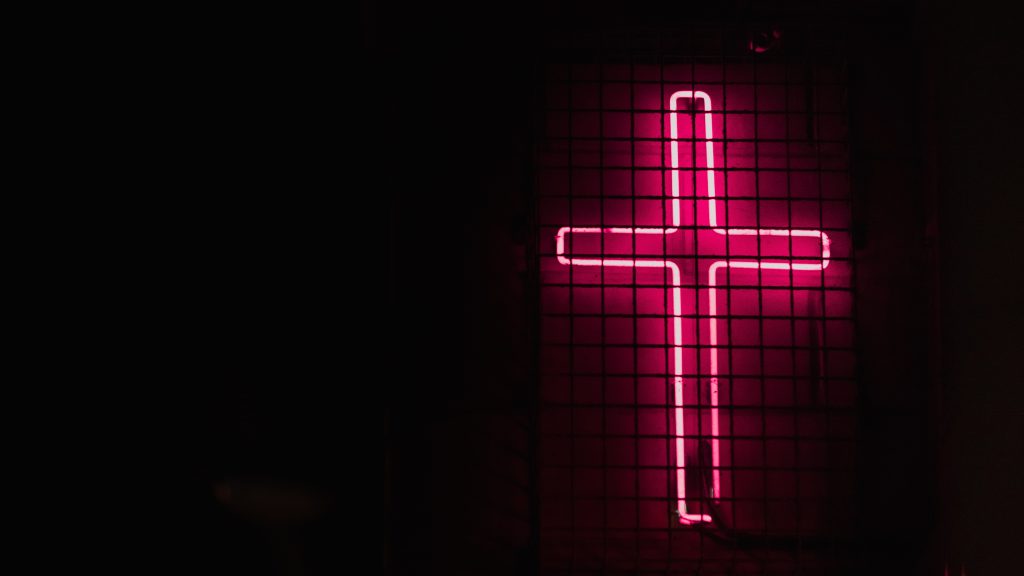 When Pope Francis was elected a journalist asked him, “Who are you?” and his response was, “I am a sinner.” Sometimes this line can become a badge of honour for Christians where we end up boasting about our imperfections. But whenever the pope speaks about sin, he always speaks about the mercy of God, and sin’s larger context. Any talk of sin should be accompanied by the infinite and transforming love of God. But as Christians I find that our view of sin is rather narrow. In the First Week of the Spiritual Exercises, St Ignatius invites us to meditate on our sin. And while Ignatius had a medieval, narrow understanding of sin, there has been a movement in recent decades to reshape our perception of sin in the First Week meditations that speaks better to our present-day reality.
When Pope Francis was elected a journalist asked him, “Who are you?” and his response was, “I am a sinner.” Sometimes this line can become a badge of honour for Christians where we end up boasting about our imperfections. But whenever the pope speaks about sin, he always speaks about the mercy of God, and sin’s larger context. Any talk of sin should be accompanied by the infinite and transforming love of God. But as Christians I find that our view of sin is rather narrow. In the First Week of the Spiritual Exercises, St Ignatius invites us to meditate on our sin. And while Ignatius had a medieval, narrow understanding of sin, there has been a movement in recent decades to reshape our perception of sin in the First Week meditations that speaks better to our present-day reality.
More than Private Morality
Most Christians probably think of sin in terms of personal sin or private morality. While this is no doubt a real struggle for all of us, we can forget many other layers and subtleties of sin. First, we can define sin in terms of whatever choices diverge from what Ignatius writes in his Principle & Foundation, namely, departing from the call to collaborate with God in bringing all creation together into one conscious loving union. This is more than “not doing God’s will”. The P&F take us deeper into the life of God, seeing our role as a collaborative one, and one that affects not only my personal salvation, but affects other parts of creation! We get a glimpse of this in the meditation on the sin of Adam and Eve in the First Week of the Exercises. This meditation opens us up to the interdependence of all creation and how our actions can have cosmic effects. “Original sin” gives a theological name to this human reality. And the Adam and Eve story also reveals the corporate nature of sin. You and I both have a part in this thing.
Our understanding of sin has much to do with how we understand God. This was why when I made the Spiritual Exercises, my retreat director asked me to write out my theology of sin. Did I have a tyrannical view of God where God loses patience with me or is just waiting to condemn me? Did I understand sin in the context of a merciful God who can transform me? Or was sin something that just pushed me into self-pity and self-condemnation?
The World of Sin is Bigger than You Think
John Veltri, SJ suggests five “levels” of sin that can deepen and enrich our meditation on sin, especially for those in the First Week of the Exercises:
- Level 1 – These are the actions (or inactions) that you’re conscious of that affect others. Think of the traditional sins of commission and omission.
- Level 2 – Veltri refers to the seven deadly sins here as a way to reference those underlying tendencies and compulsions we all have that can give rise to Level 1 sins. We can see these tendencies with some self-reflection. Some may argue that tendencies are not the same as sins. While we may not have taken an action that affects another, negative tendencies may indeed go against what Ignatius writes in the P&F. Envy and pride, even if quiet and internal, move us away from communion with God and neighbour. We’re trying to see the world of sin as being more than just individual actions; there are deeper layers.
- Level 3 – Similar to Level 2, these are compulsions and tendencies we have that are hidden. Veltri calls these “Hidden Disordered Tendencies”. They are invisible to us, disordered in the sense that they do not align with our purpose (put forth in the P&F), and they affect how we make choices. Since these are invisible to us, we need to ask God to reveal them.
- Level 4 – This is essentially original sin, the sinful nature that lives within all of us.
- Level 5 – Veltri writes, “This is the influence of the ‘world’ on our psyches – always subliminal, but sometimes conscious.” This kind of participation in corporate or social sin is nearly impossible to remove ourselves fully from. We cannot control our culture of origin, what our society values, or the places of privilege or oppression we find ourselves in – nor are we always aware of the effects they have on our choices.
Veltri wants to distinguish between “developmental mistakes”, which are necessary to our growth, and actual sin with real culpability and intent. Mistakes and sins are not always the same thing. Jesus made mistakes as he grew up and figured out how to live as a human being in the world.
The deeper levels of the reality of sin are parts of ourselves and the world that can feed Level 1 sin. The point is that there are hidden depths and layers, that through prayer and reflection, we need to get in touch with in order to more fully grasp our role in sin.
Social and Cultural Sin
As I reflect, as a financially stable white heterosexual male living in the United States, there are certain things I cannot easily remove myself from. I can’t change my skin colour or my gender and the subliminal influence it may have on me, others, or the culture. I have certain experiences that have shaped how I see the world. I purchase clothing that is likely made in sweatshops in developing countries, perpetuating the oppression of groups of garment workers; and I can’t easily afford fair trade clothing. I drive a car and contribute to climate change because my city has no sidewalks and has poor public transport. I purchase food that may continue the improper treatment of animals or the environment. These things are in the realm of Level 5 sin. Some of these things I may be able to change more easily than others, but all these things are ways I contribute to the suffering of God’s creation. This is sin, in its broadest sense. And the sad reality is that I may not always be able to fully escape my complicity in social and cultural sin.
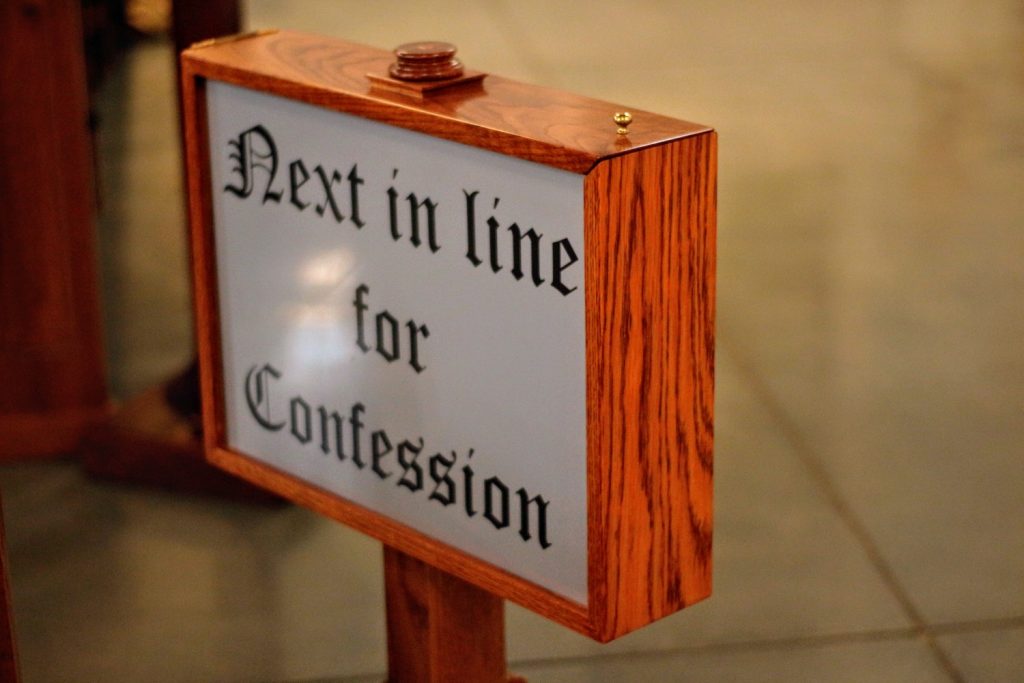 At the recent Amazon Synod a bishop suggested Catholics confess sins against creation and the environment. I reckon this is not a common sin heard in confession. Sometimes I wonder if I should confess those times I take a disposable plastic spoon from my office kitchen because I feel too lazy to go back and wash a metal one. We can dismiss things like that as minor or “venial”, but it is another example of the small part I play in the larger sin of environmental neglect. And it’s not just the environment, which is certainly top-of-mind for us in the 21st century. Our deep interconnectedness means every choice I make has some impact on the world and those in it.
At the recent Amazon Synod a bishop suggested Catholics confess sins against creation and the environment. I reckon this is not a common sin heard in confession. Sometimes I wonder if I should confess those times I take a disposable plastic spoon from my office kitchen because I feel too lazy to go back and wash a metal one. We can dismiss things like that as minor or “venial”, but it is another example of the small part I play in the larger sin of environmental neglect. And it’s not just the environment, which is certainly top-of-mind for us in the 21st century. Our deep interconnectedness means every choice I make has some impact on the world and those in it.
The ‘Sinlessness’ of Mary and Jesus
When we Catholics say that Mary without sin, we’re thinking traditionally, of the personal sins of commission and omission, not contributions to social sin or hidden complicity. Mary might have been personally moral and upstanding, making direct choices that aligned with God’s will, but how did she partake in or help sustain political or religious systems of oppression? Mary and Joseph most likely had to pay the Roman tax collectors. We have no record of them protesting and choosing not to take part in a practice that extorted people and kept many in dire poverty. Of course, that’s not to say they condoned the practice (and protesting it would create a lot of problems for the Holy Family). Jesus finds himself going along with the religious expectation that the messiah came to save the Jews alone. When a Syrophoenician woman comes to him seeking healing for her daughter he says, “It is not fair to take the children’s food and throw it to the dogs.” She responds, challenging his assumption. “Yes, Lord, yet even the dogs eat the crumbs that fall from their masters’ table.” And Jesus has a second thought, is moved by her faith, and heals her daughter. (See Matt. 15:21-28).
These comments about Jesus and Mary being influenced by Veltri’s Levels 3 and 5 may seem scandalous or even heretical. In fact, talk of blind complicity in social sin due to privilege, income, race, use of money, location in the world, etc. always creates resistance because we don’t want to admit we’re blind to it. We assume that our personal morality is good enough. To ultimately be “without sin” is to be truly and wholly human. What made Jesus and Mary whole humans was that they were aware of cultural blind spots and sought to revise the narrative – with Jesus, in the case of the Syrophoenician woman, and with Mary, in the case of pondering things in her heart. “Without sin” I think means without a false self which does all it can do to stray from God’s desires. Mary and Jesus simply lived into their true selves, oriented toward God and God’s desires. But it doesn’t mean they were immune from being human or divorced from the world and culture around them. We can call them sinless not just because of a lack of personal sin, but also because of their awareness of subtle cultural and worldly influences. They knew how evil creeps in disguised as good. They knew how we can so easily dismiss something that seems minor yet slowly lessens our collective ability to love and care for the “least of these”. Ignatius understood this, too. In his second set of Rules for the Discernment of Spirits, he presents the subtle tactics of the evil spirit we can so easily miss. Jesus was always up-ending those unhealthy “ways of the world”. And he was crucified for it.
I think we need to stop focusing on the “sinlessness” of Jesus and Mary and focus on how they sought to align their lives with the stuff of Ignatius’ Principle & Foundation: an openness and freedom to grow toward God, toward my true self in God, to let go of attachments that inhibit that, and to help my neighbour and the rest of the created world move toward love, union, and freedom. So the question in the First Week of the Exercises, with all its nuance, subtlety, and layers, is How do my choices and actions consciously or unconsciously hinder that?
Here are some questions for you to ponder in your own heart:
- Where do I miss my contribution to social sin?
- What lessens my ability to love?
- What draws me into my false self?
- Do I ever confess sins against creation or the poor and marginalised?
- What is my role in racism or sexism?
- How do I respect the rights and boundaries of others?
- What powers and privileges do I have that I may not initially be aware of? How does my power uphold or take away the dignity of others?
- Do I try and maintain my status quo?
- Do I at all contribute to the oppression of others?
- How have I failed to take responsibility?
Related posts:
- The Devil Made Me Do It! – Passing the Buck on Sin
- Cultivate Your Faith: Reconciliation (audio)
- Incomprehensible Mercy (video)
Listen to the podcast version of this post…

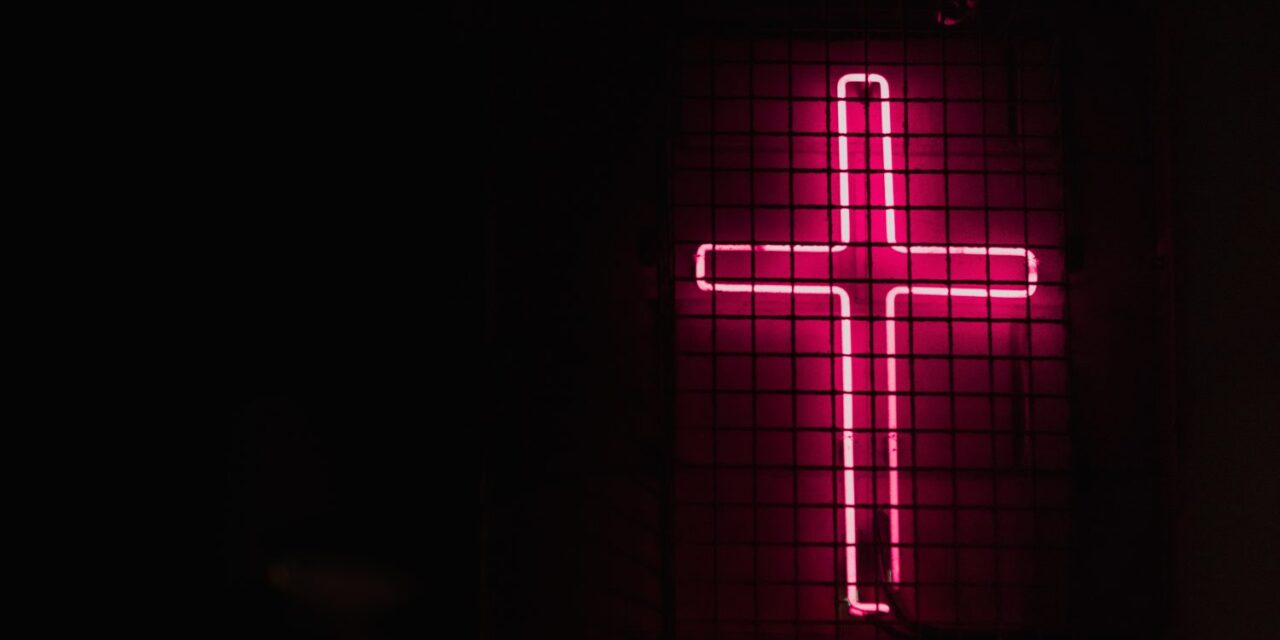
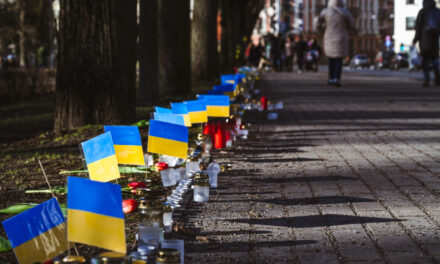
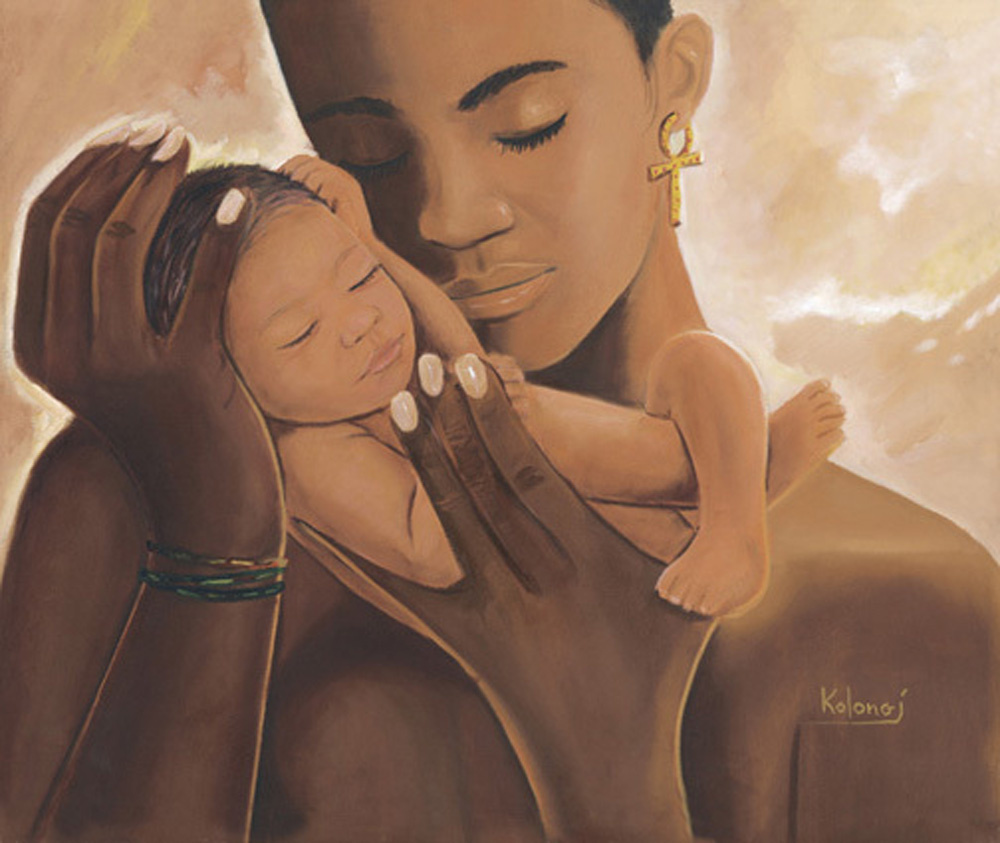
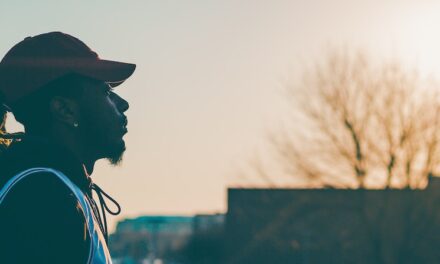



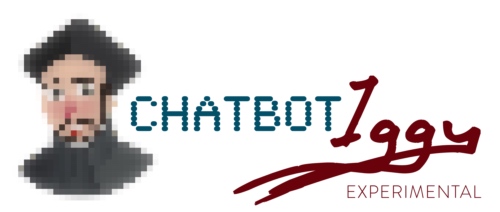
Thank-you – so helpful.
Andy… Once again you hit the nail on the head (with the help of Ignatius of course!). I rarely think of social sin and as much as it makes all of us feel uncomfortable, it is something to consider very seriously. Fr. Veltri’s “Five Levels” are very helpful. Thank you for all you do!